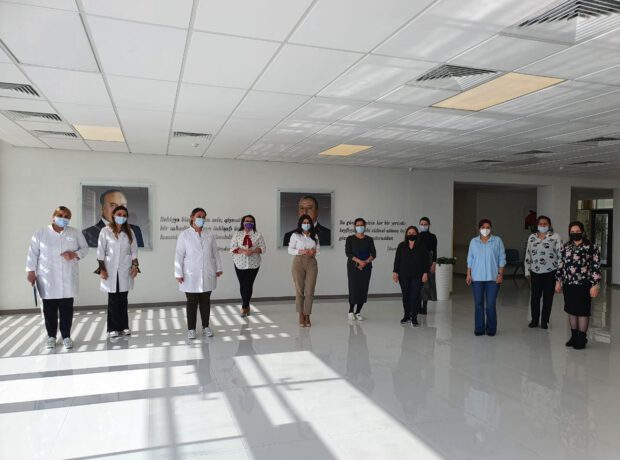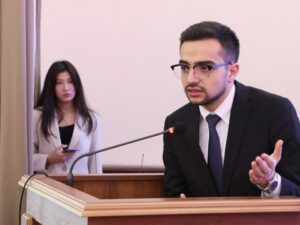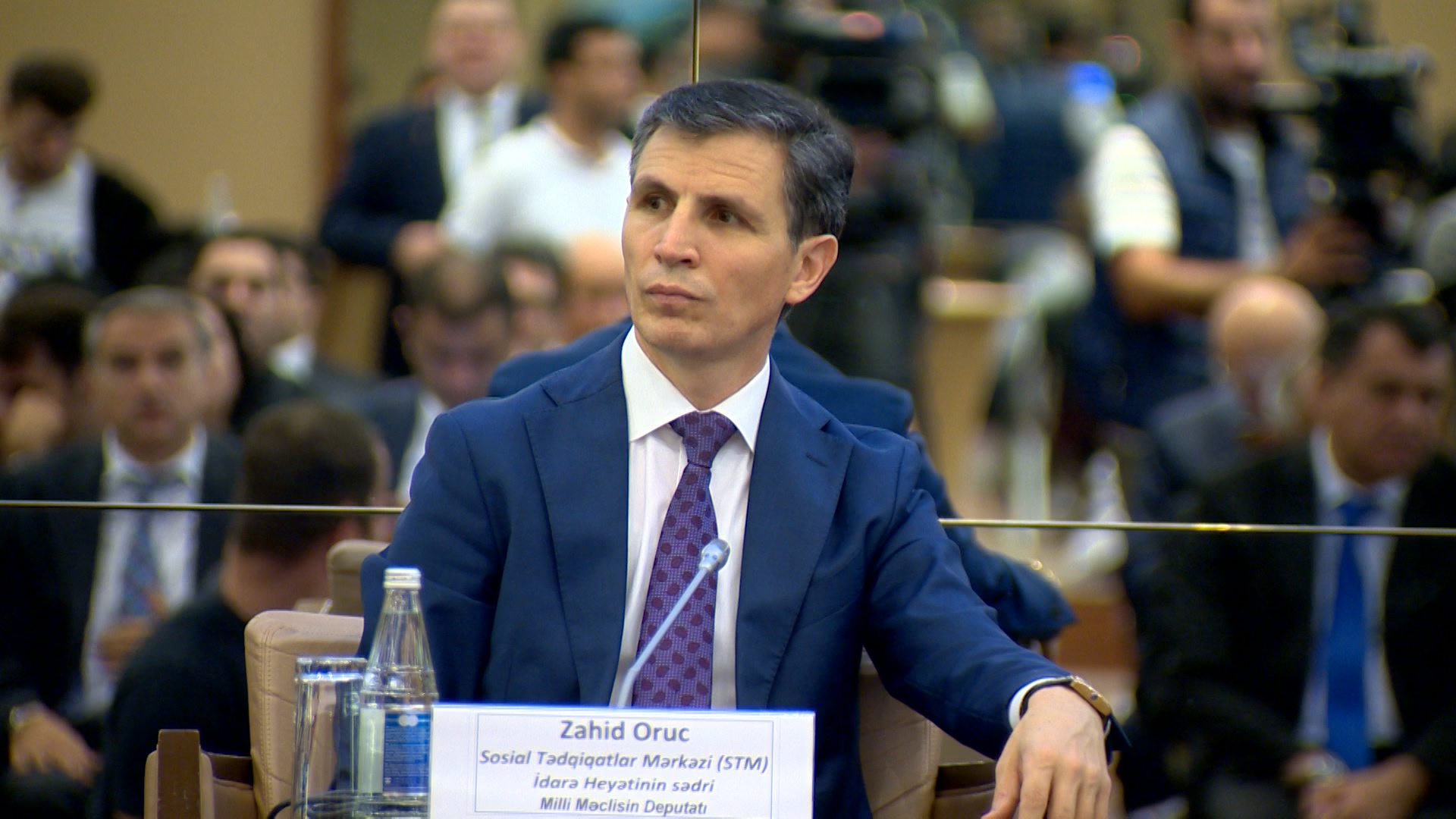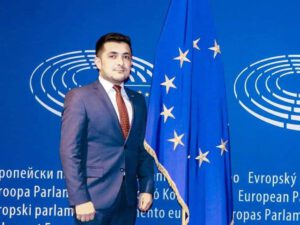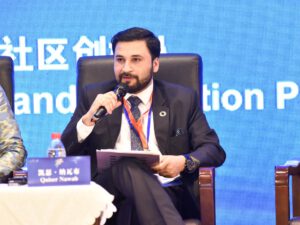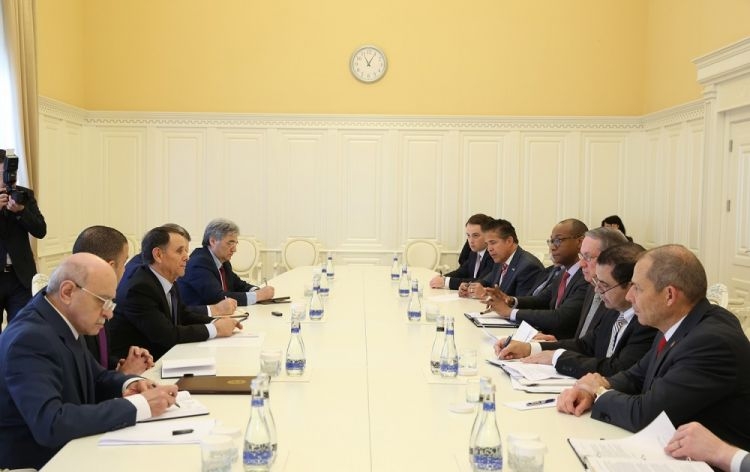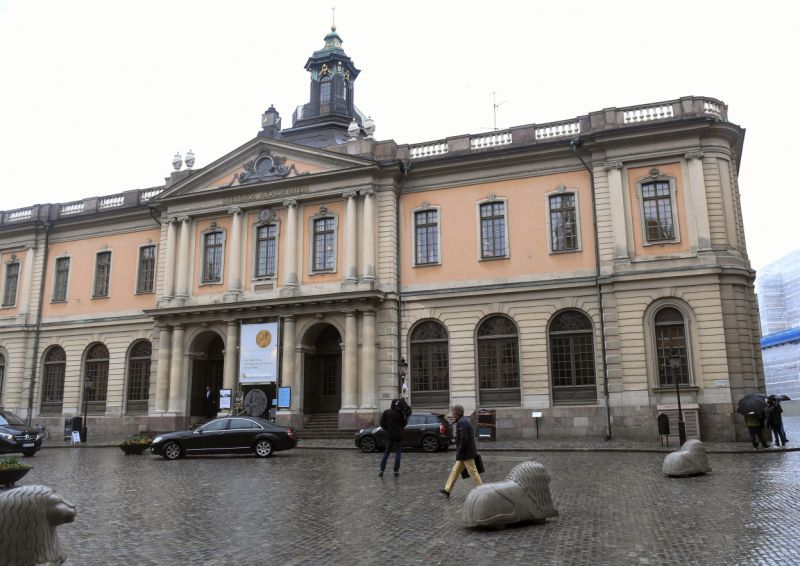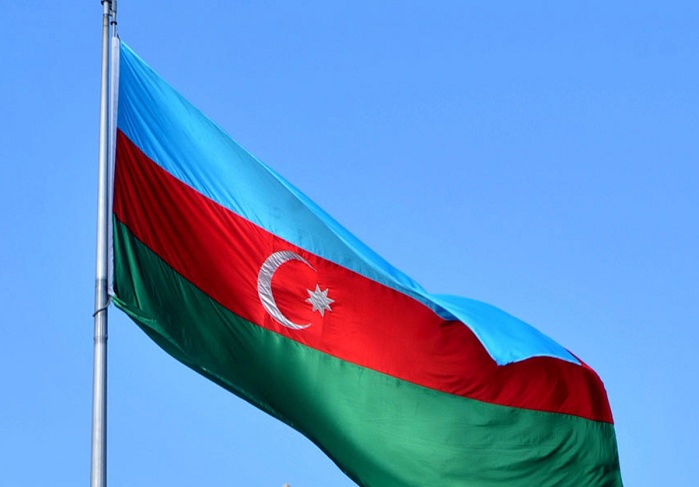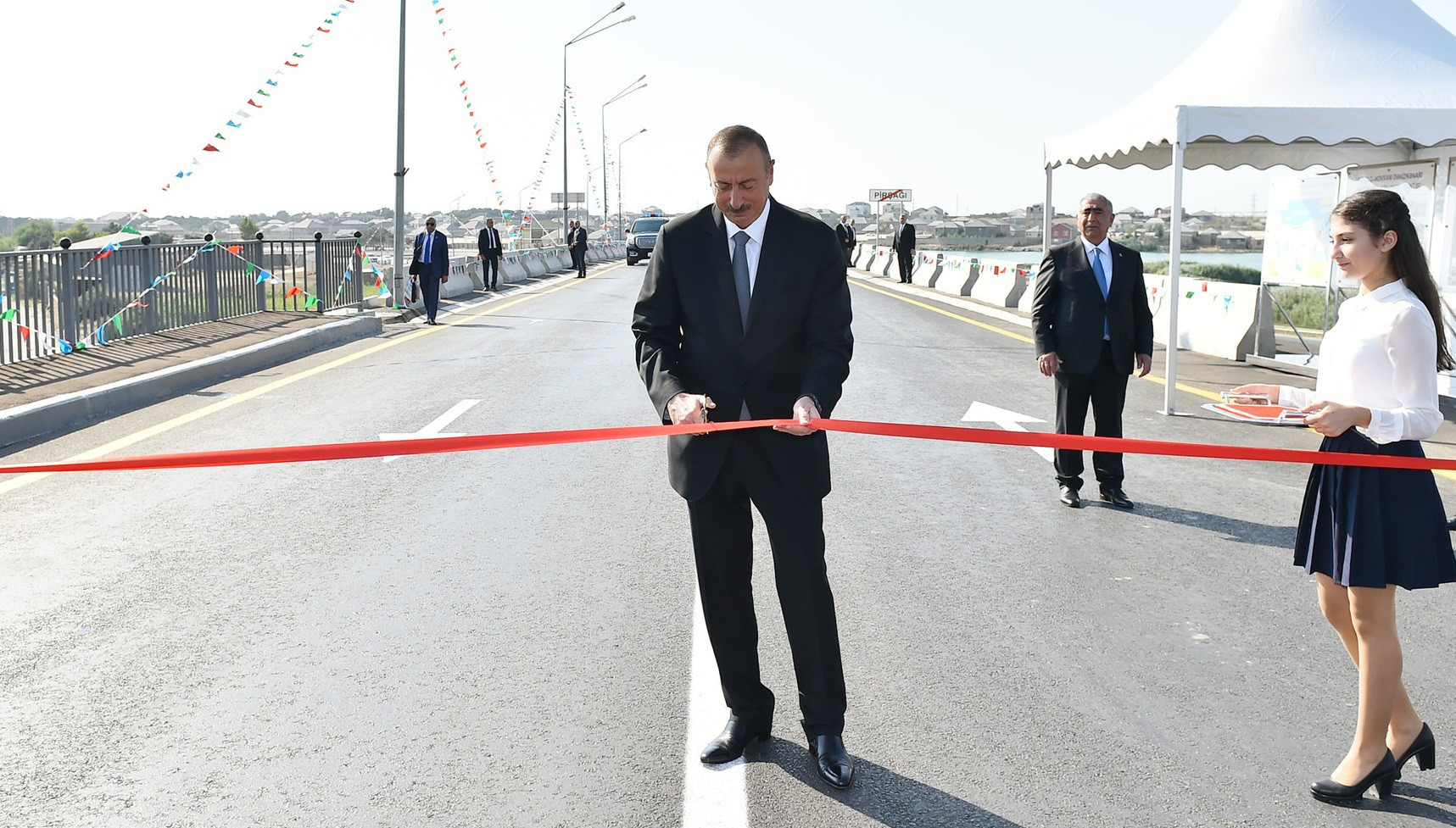UNFPA and the Young Psychologists Public Union (YPPU) have completed trainings, organized for health workers with the financial support of the European Union, to increase the role of the healthcare sector in promoting the engagement of fathers in prenatal care.
Healthcare specialists from three regions of Azerbaijan – Absheron, Aghjabedi and Ganja – took part in the trainings held on March 13-24. The trainings were part of the “EU 4 Gender Equality: Together Against Gender Stereotypes and Gender-Based Violence” programme, funded by the European Union, implemented jointly by UN Women and UNFPA. Overall 30 doctors participated in the two-day trainings from each region.
The trainings were organized on the basis of the “Training Package for Health Professionals” developed under the programme, and consisted of three modules with several sessions in each module. The modules covered such topics as gender and health, evidences and practices for men’s involvement in prenatal care, political will, and institutional change. During the interactive trainings conducted by public health specialists, the participants were actively involved through various group work and role-playing games. Additionally, a hospital open day was organized for the participants with the purpose of assessing the ability of the relevant departments in terms of involving fathers in prenatal care. At the end of the trainings, an action plan was prepared based on the doctors’ proposals and submitted to the hospital management. The trainings ended with awarding of the certificates to the participants.
The project has developed a training package and an educational booklet on promoting fathers’ involvement in prenatal care. About the programme: This initiative is implemented in the framework of the “EU 4 Gender Equality: Together Against Gender Stereotypes and Gender-Based Violence” program, funded by the European Union, implemented jointly by UN Women and UNFPA. The program aims to strengthen equal rights and opportunities for women and men by challenging perceptions about men’s and women’s roles in the family and in society and working to eliminate gender-based violence. It is implemented across six countries (Georgia, Azerbaijan, Armenia, Moldova, Belarus and Ukraine).

